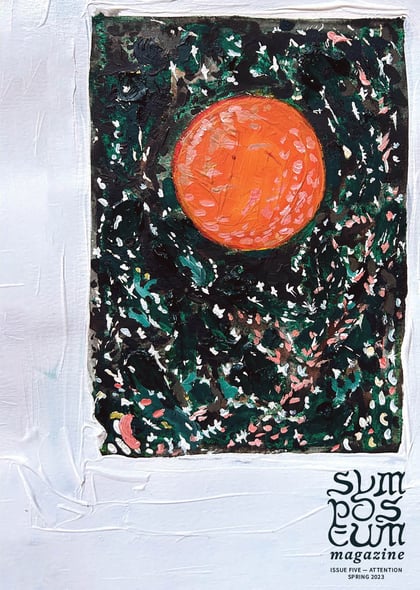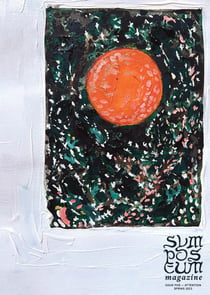Boredom and attention - Issue #329

I've just returned to the normal routine after a 30-day sabbatical from work. It was great to completely disconnect from my job: no Gmails, Slacks, or Zooms. For two weeks of the sabbatical, I kept my normal information habits: Gmail and podcasts and reading online. Not working opened up even more time for this sort of thing and my brain craved it. During our annual ski week, most of my morning checks of the snow conditions turned into email and news reading. At the halfway mark, my sabbatical brain felt and awful lot like my working brain. It was taking on slightly less information, but in the same methods and at the same pace.
I could tell something was wrong when I'd only read a couple of books.
So, I put the phone down and re-arranged my home screen and its notifications. I added an out-of-office to my personal email. My daily screen time dropped from about an hour to under twenty minutes. During our long drive to Tennessee, I stopped listening to podcasts and started listening to music. At first I felt the twitch of unseen pings and missed alerts, but by the time we got to the Dominican Republic, I was reading a few hours of a book each day and taking in almost no other information, and none digital.
This was the sabbatical I needed: a sabbatical of the mind. Almost nothing new incoming and none of it digital. It was enough to experience the moments, including the slow ones and all of the boredom of waiting on line (international travel has goodly lines). My mind felt rested, I thought deeply about some important things, and I finally calmed down (Dominican rum helped).
Slowing down isn't easy, but I think it's the discipline for our age. We act as though rapidity, especially of information, is the cardinal virtue. Messages need to be instant; news needs to be breaking; alerts must be actioned; nothing is allowed to marinate. I began my sabbatical thinking this was a product of work, specifically the kind of knowledge work I do. But I think it's more an effect of our culture: I read and reply to my personal Gmails on an identical screen and at the same pace as the ones I handle for work.
Slowness enables the cultivation of attention.
Reading
Heads/TailsSo, in my early twenties, I began attending a weekly mindfulness class. The first couple weeks were excruciatingly, I’d-rather-sew-my-face-to-the-carpet boring. To my dismay, I learned around week 6 that this was the point: to become acquainted with, and ultimately befriend, boredom. |
|
To the Bored, All Things are BoringAre we busy and overstimulated because we’re bored, or are we bored because we’re busy and overstimulated? |
|

